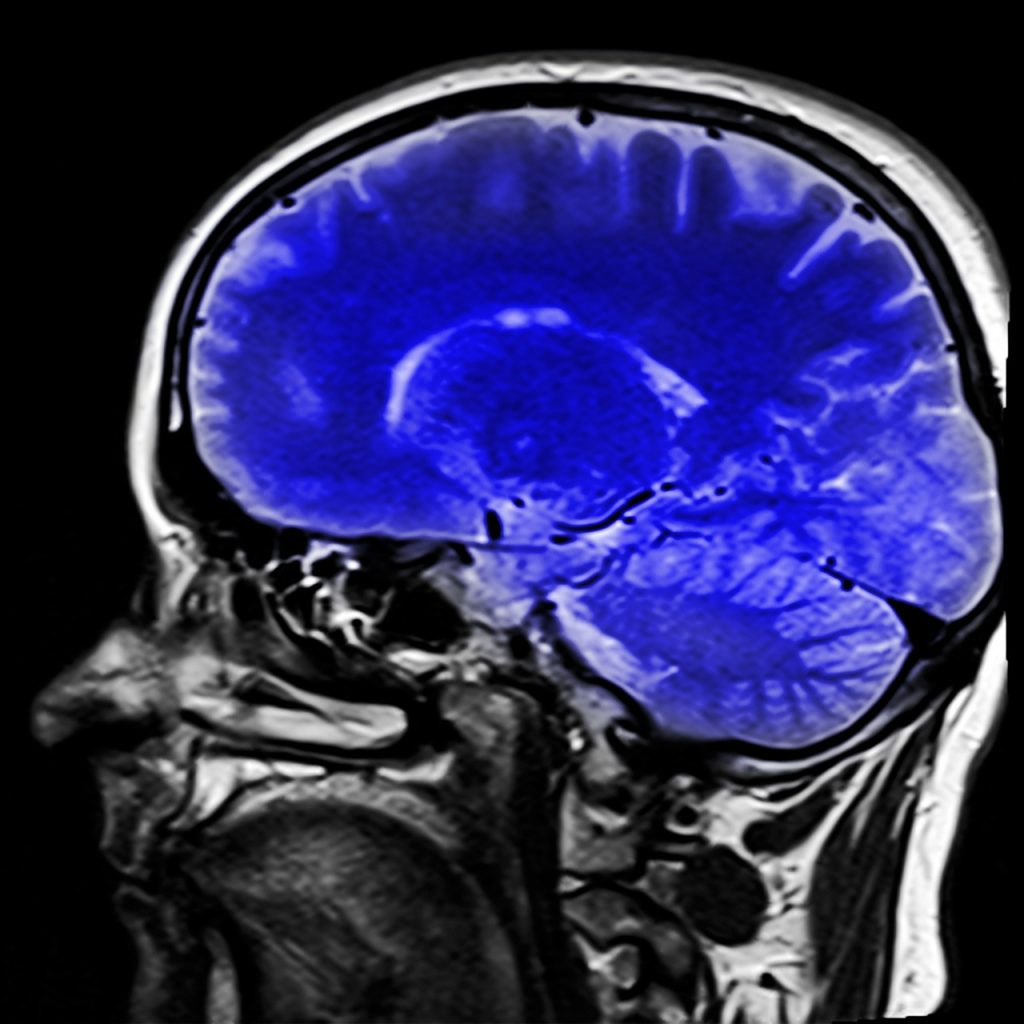What About the Brain?
Last week we spoke about the physical withdrawal symptoms from drugs and alcohol (which can be read here). Drugs and alcohol also have a severe effect on the neurochemistry of the brain, which is what we will be discussing today. In order to understand these effects, we need to know how the brain responds to both endogenous and exogenous chemicals. Endogenous chemicals are naturally produced by the body and are known as neurotransmitters. Exogenous chemicals are not naturally produced; they are introduced to the body when one uses drugs or alcohol. In order for us to understand the long term effects regarding neurochemistry; first we need to understand neurotransmitters.
Neurotransmitters: Transmit signals across a chemical synapse from one neuron to another. They play a major role in shaping everyday life and functions. Listed below are the select neurotransmitters we will be discussing today and how they are affected by Alcohol, Opiates, and Cocaine.
Serotonin: Responsible for sensory information interpretation, emotional regulation (impulse control, moods, and rage), appetite regulations, and sleep.
Dopamine: Responsible for perception, reward and pleasure, sense of well-being and fine motor control.
Norepinephrine: Responsible for speed of thought, elation, elevated blood pressure, elevated respiration, elevated temperature, and reduced appetite.
Oxytocin: Responsible for sense of touch interpretation, and tactility.
Endorphins: Responsible for pain management.
Effects of Exogenous chemicals on Neurochemistry:
Alcohol: Drinking alcohol causes an increased production of Norepinephrine and Dopamine, and a decrease in production of Oxytocin. The effects of this are impaired memory and concentration, impaired reasoning, poor impulse control, mood swings, reduced reaction time, and impaired coordination.
Opiates: Taking opiates causes an increased production of Dopamine and Endorphins, and a decrease in production of Norepinephrine, Oxytocin, and Serotonin. The effects of this are extreme sense of well-being, decreased heart rate, decreased respiration, a lack of motor control/coordination, and reduced consciousness to a comatose state.
Cocaine: Taking cocaine causes an increased production of Dopamine and Norepinephrine, and a decrease in production of Oxytocin and Serotonin. The effects of this are an immediate and intense feeling of ecstasy, distortion of comprehension, impaired motor control, and spastic body movement.
Why is this Important?
The brain has a baseline standard in releasing neurotransmitters. As a person goes through a normal day their brain releases neurotransmitters in response to every day events. When a person feels pleasure it is from a release of these chemicals in the brain triggering a response. For example imagine a scale 0-100; for each neurotransmitter the brain’s chemistry hovers right around 50 +/- 3. When a person experiences pleasure the brain is producing more Dopamine which results in a person feeling better; for example the level of Dopamine is now at 59. Since the Dopamine is now above the standard the brain will cease production of Dopamine until the levels fall back within the normal range. When a person takes drugs or alcohol the brain becomes flooded with these neurotransmitters, instead of a normal boost of 5-10 points (on our scale) the increase is more in the range of 25-40. Over a period of time the brain starts to rely on these exogenous chemicals for production of these neurotransmitters. As the drug and alcohol dependence continues, the levels of neurotransmitters begin to drop drastically after the “high”. The brain can no longer regulate the levels within its normal range. This is known as negative feedback. The levels drop drastically, down to the 15-30 range. Now a person needs drugs in order to reach the baseline of 50. Negative feedback is also responsible for causing cravings in people because they are now dependent on the drugs and alcohol just to feel normal.
Unlike physical withdrawal symptoms which tend to dissipate over the course of a few days, the brain’s neurochemistry may take anywhere from six to eighteen months to return to normalcy. When exogenous chemicals enter the brain, they disrupt the natural production of these neurotransmitters. The brain becomes dependent on the exogenous chemicals and slows or halts production of its own neurotransmitters. This can lead to the development of Substance Use Mood Disorders which can be very dangerous once a person has become abstinent from their drug of choice. It is imperative to consult with a mental health professional when you or a loved one enters recovery to ensure appropriate and effective treatment.
Author
Charles Mortko
Mailing List
Join the Wherehab monthly mailing list, we’ll send you the latest updates, upcoming events and plenty more of Rehab related info. [contact-form-7 id=”6063″]



0 Comments
Join the conversation